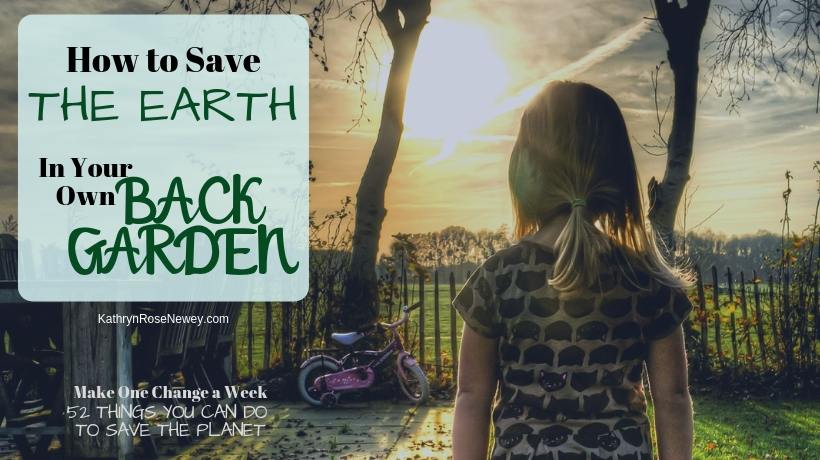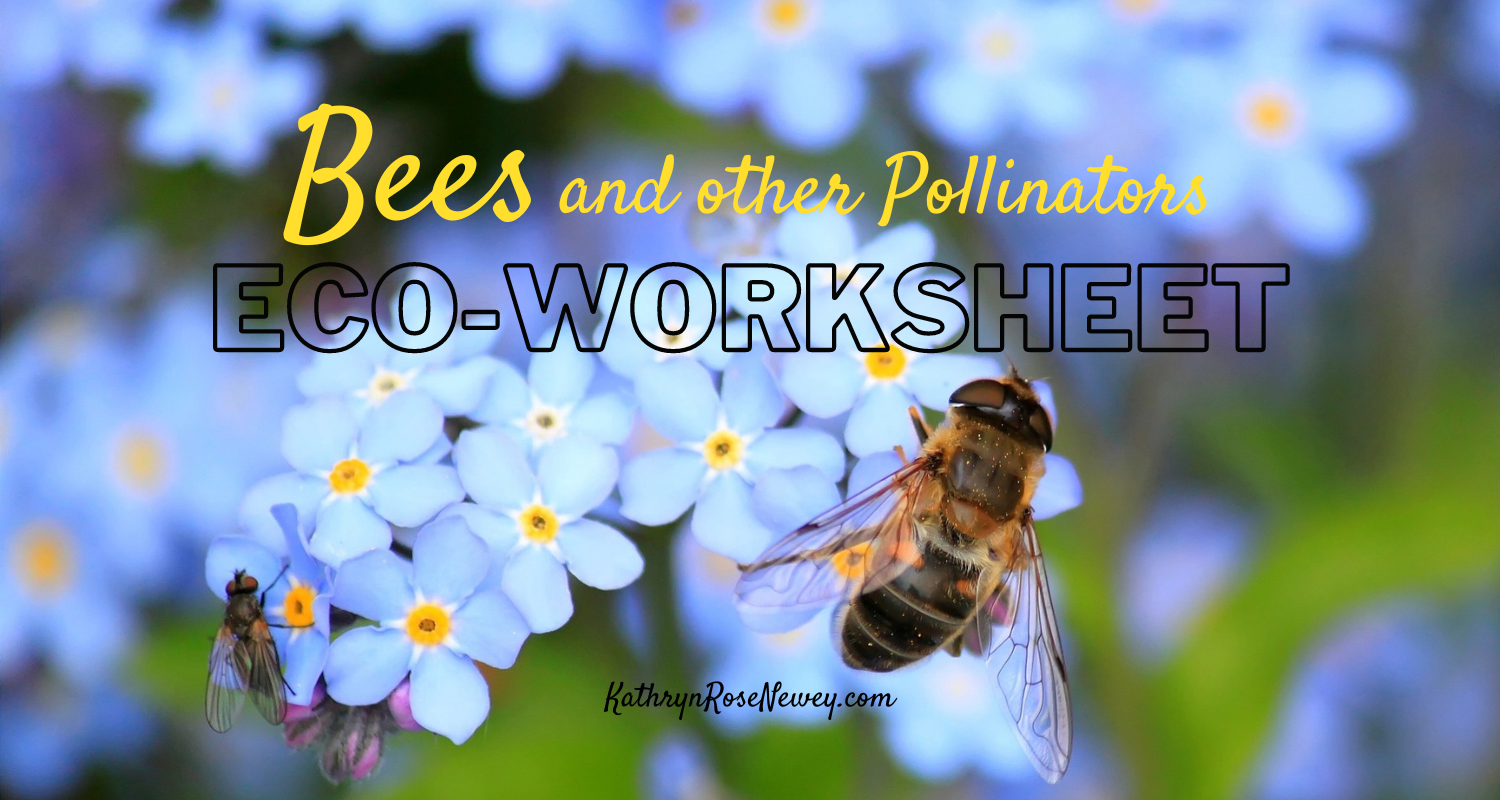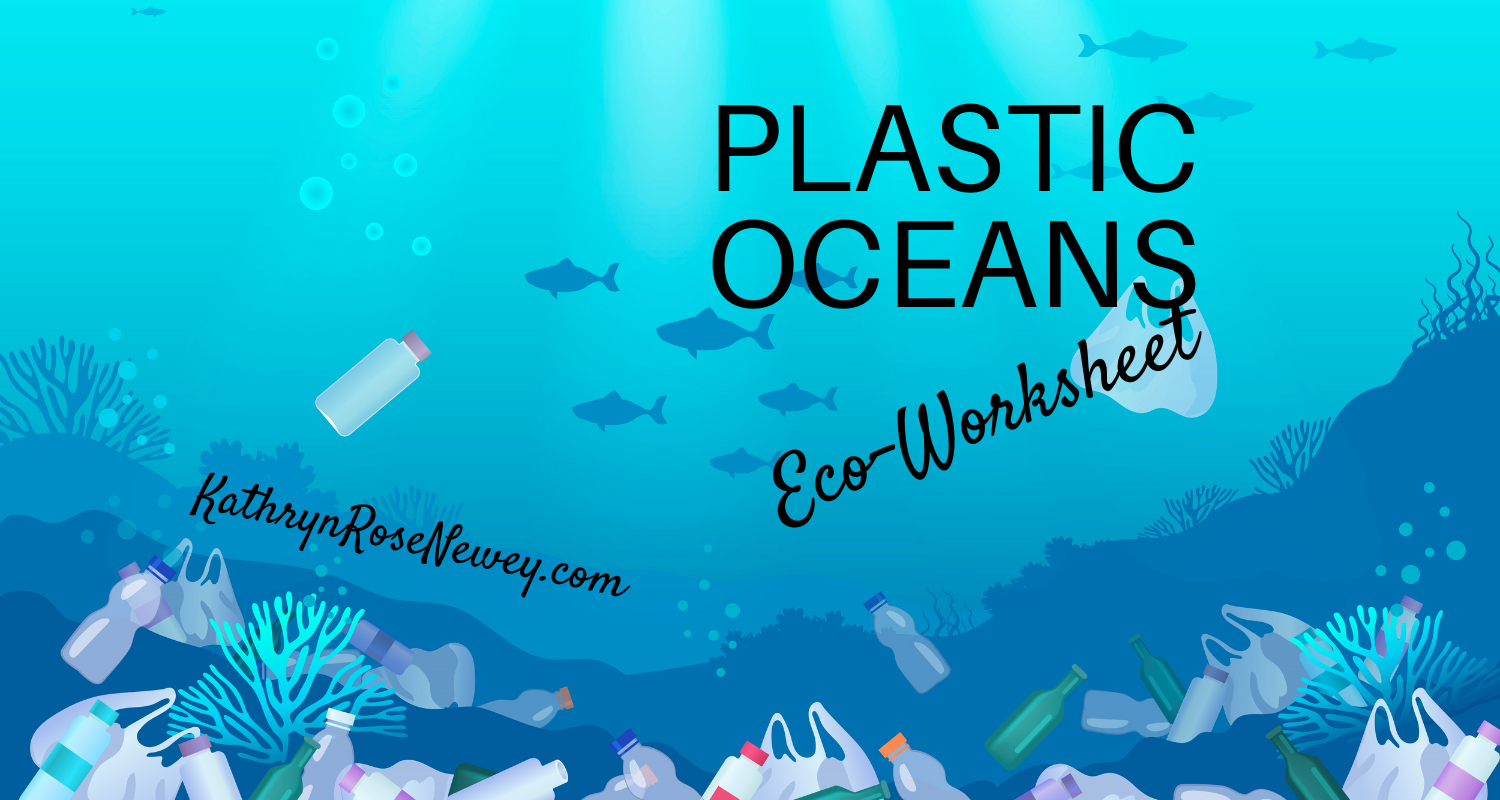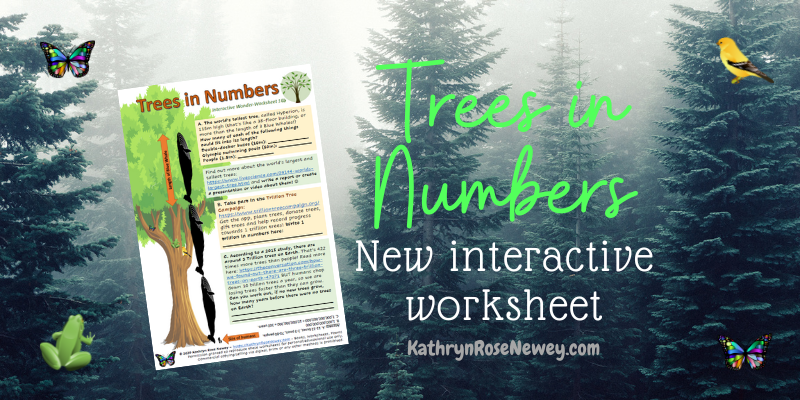There’s a lot of talk lately about climate change, environmental destruction and ecological collapse, and how we’re all doomed if we don’t change our lifestyles.
Have you noticed how much of this protest is directed at governments and leaders? Sure, their views and actions are important, because they make the laws which protect natural habitats, enforce reduction and recycling of plastics, or require corporations to clean up their mess.
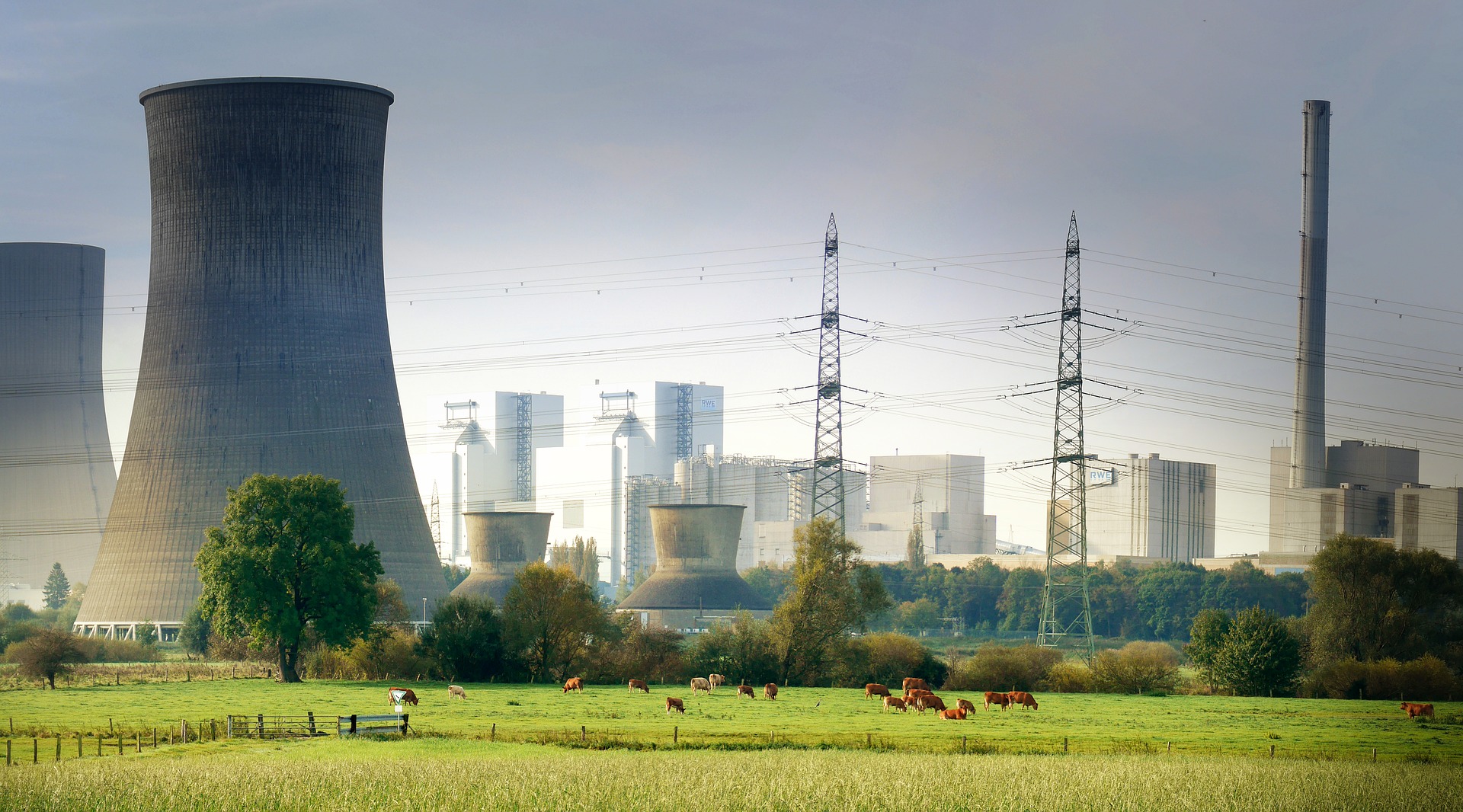
But individuals, like you and me, are able to accept and enact changes more easily and quickly than bureaucratic governments or profit-chasing corporations.
So we’re an essential part of the solution. How about we start changing our habits today?
A good place to start is in your own garden.
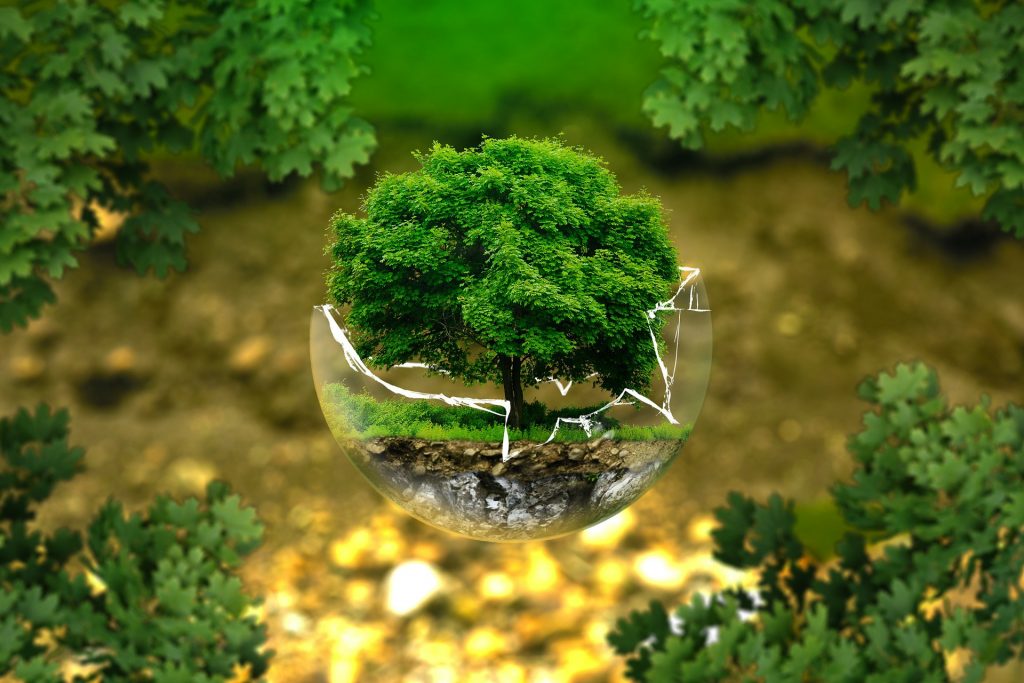
Why? Well, not only is it easier to start small, but it’s a good idea to make changes directly where we live, because that’s where we have the most impact on the planet’s health…
In our own homes and gardens, our places of work, how we travel, what we consume, and where we buy food and other products from…
Let’s start.
Here are 5 ways you can save the Earth in your own front, back or container garden.
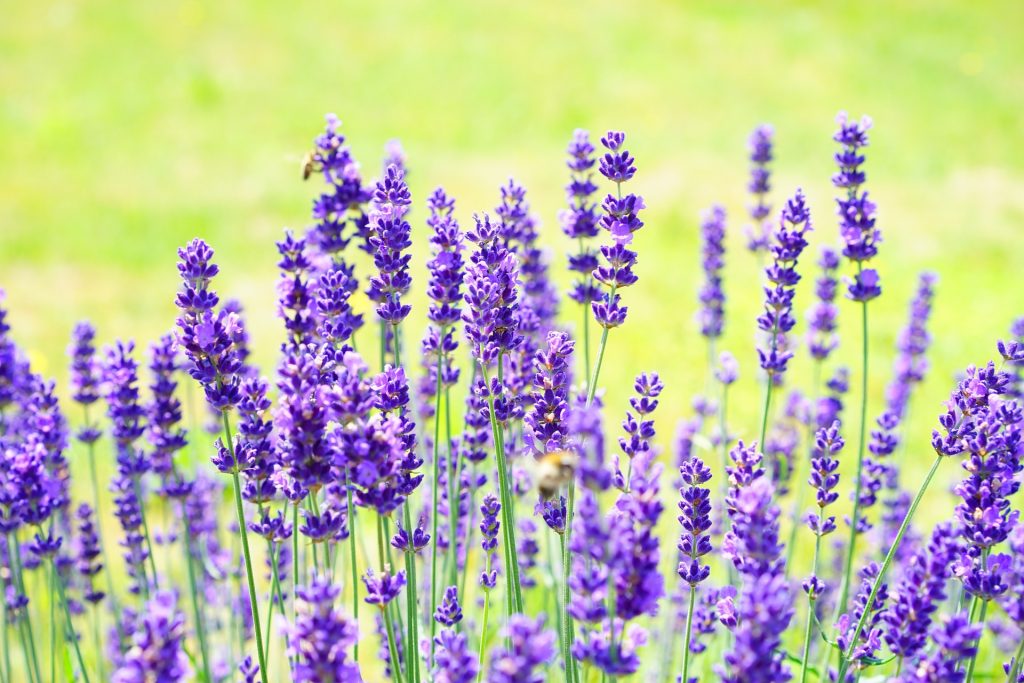
1. Gardens should be natural havens for wildlife.
So often, our gardens are not natural – instead they are trimmed and poisoned geometric blocks of human-controlled or ‘fake’ nature.
All this does is discourage the small creatures and bugs which are so important for soil quality.
If mini-beasts are allowed to thrive, this brings biodiversity with lots of different plants and animals living there, which in turn encourages birds, small mammals and amphibians like hedgehogs, frogs and mice. And they’re all important to ensure nature is balanced.
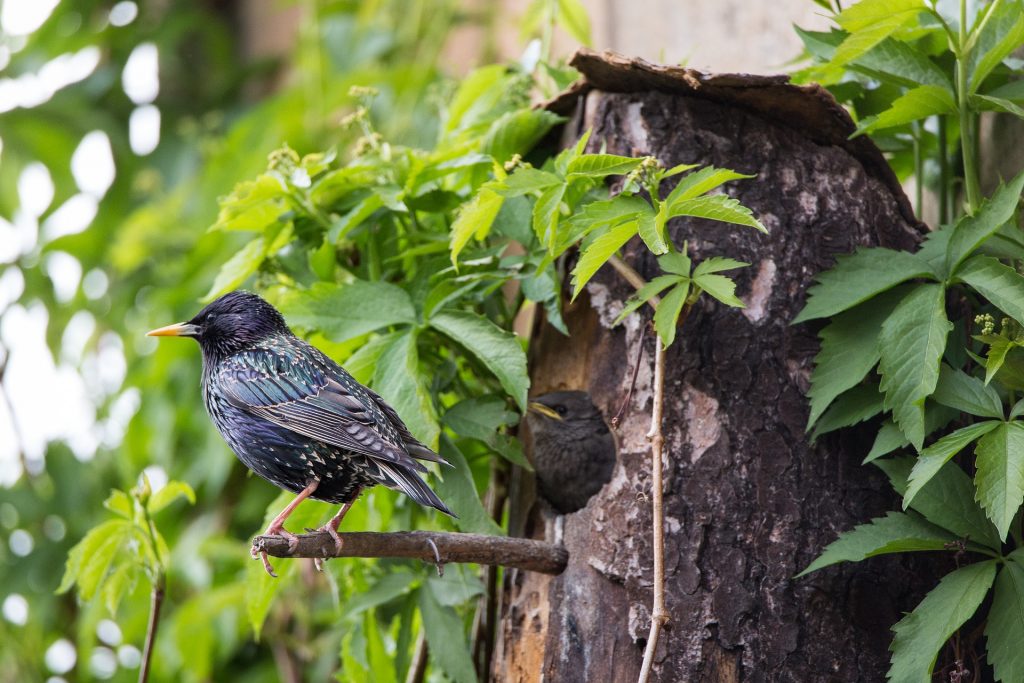
Encourage all sorts of wildlife by planting bee-friendly and insect-encouraging plants, providing nesting places for them like sheltered and undisturbed areas with lots of hidey-holes and/or insect and bird boxes, and not using pesticides or herbicides of any sort.
Why’s this important? Because humans are killing off so much biodiversity everywhere – and in doing so, eventually we won’t be able to grow crops to feed humans or to feed the animals humans like to eat, and we won’t have enough insect pollinators which are essential for most crops.
2. Bees, insects and spiders are good.
They’re the ‘canaries’ of the garden world.
If you have lots of bugs, worms, invertebrates like snails and slugs, spiders, bees and other mini-beasts, it’s a sign of a healthy ecosystem.
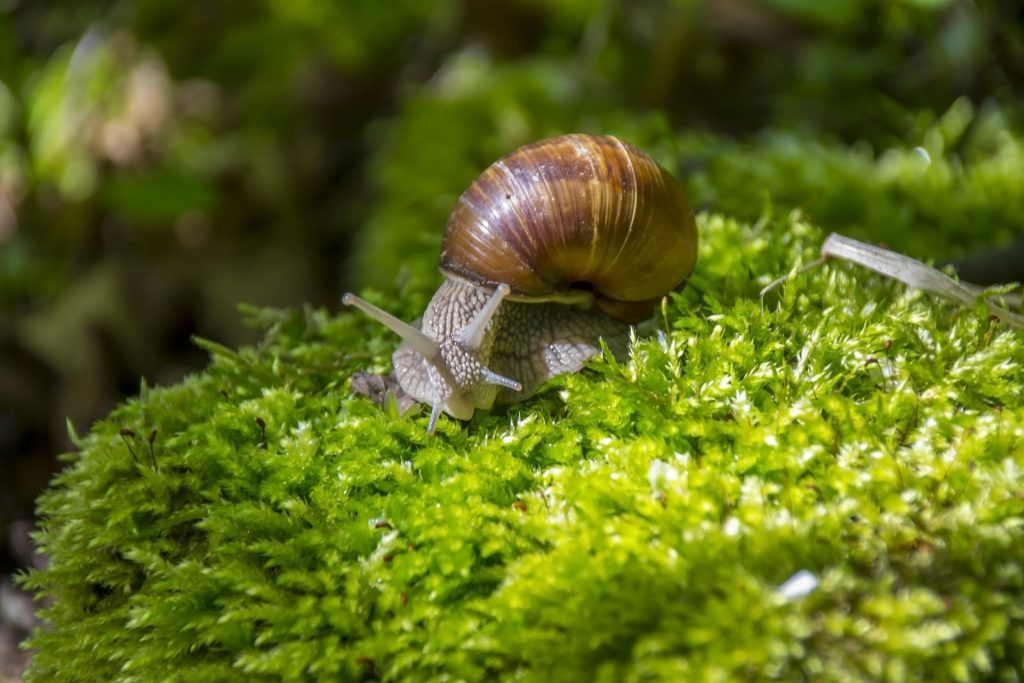
Stop using slug pellets, rat traps and bug sprays. Not only do these poisons kill off essential wildlife, but they increase the amount of life-killing chemicals in the air, water and soil.
Snails and mice and other so-called ‘pests’ are living beings too. And they have to eat. Think of creative ways of giving them food they like to eat so they don’t need to eat up your favourite plants.
3. Nurture and keep every tree, bush, branch and leaf.
Thinking about chopping that tree down because it spoils your view, or drops too many leaves?
Think again. Everywhere we are losing more trees and foliage than are planted. And although we should encourage and celebrate planting more trees, new trees take decades if not centuries to contribute significantly to cleaning our air and soil. So we need to keep all the older trees too!
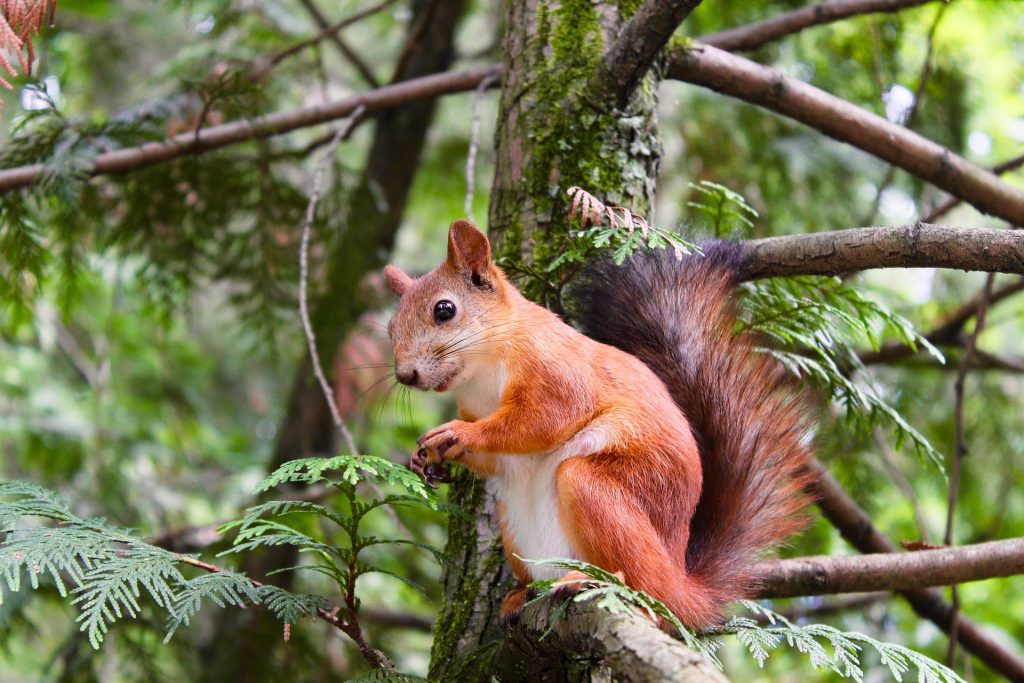
Fallen leaves and branches not only provide havens for small wildlife, but they help to add essential nutrients back into the soil.
And trees and bushes are the homes of wildlife. Chopping back or cutting down plants means you’re taking their homes.
4. Weeds are plants too.
We need to look at nature in a different way. Instead of viewing it as inconvenient, messy or ugly, we need to allow it to thrive. All of it. Even so-called ‘ugly’ weeds.
Which, when you really look at them, aren’t so ugly after all. Some of them have thorns or grow aggressively, but they’re just trying to survive. Most so-called weeds are the first foods of the season or the favourite foods for insects, bees and invertebrates, and weeds are part of the wonderful natural diversity our natural spaces need more of.
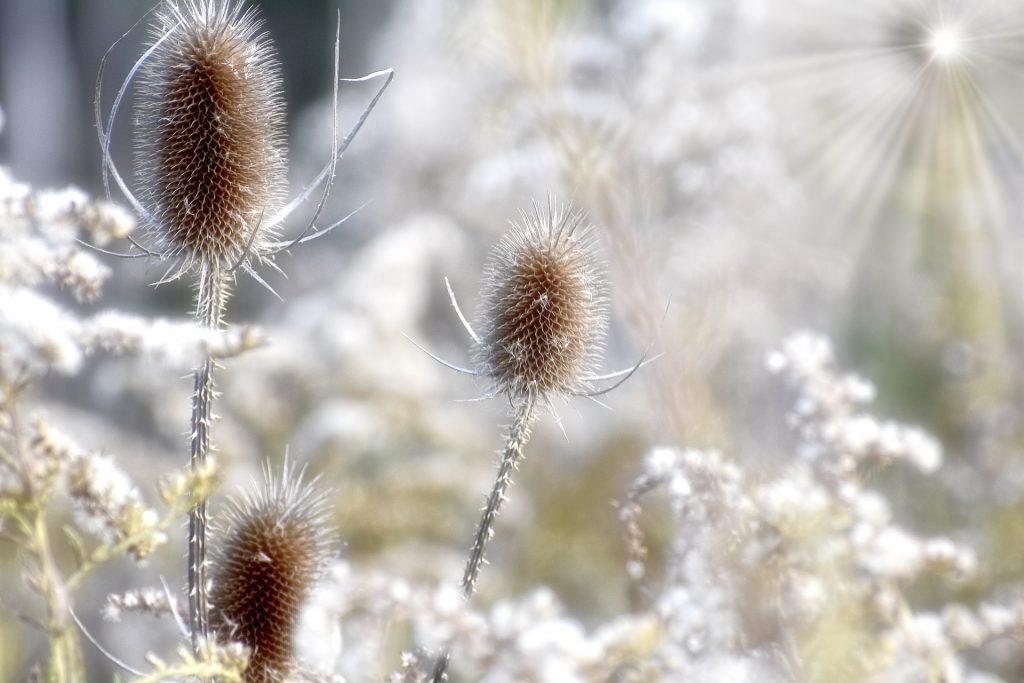
Weeds can be useful – not only as important indicators of your soil quality but many have health benefits too when consumed. Allowing weeds between other plants means you’ll have contributed to better soil, less pollution, and your garden will be full of nature and diversity!
Your garden might be considered ‘untidy’ by some, but more importantly, it will be life-giving instead of life-taking.
5. Banish those Earth-killing poisons.
Bug sprays, slug pellets, insecticides, pesticides, weedkillers and herbicides, especially Glyphosate-based ones, are a very significant and serious cause of environmental problems.
We’ve got to stop use life-destroying chemicals in our gardens, parks, public spaces and on our crops if we are to survive ourselves.
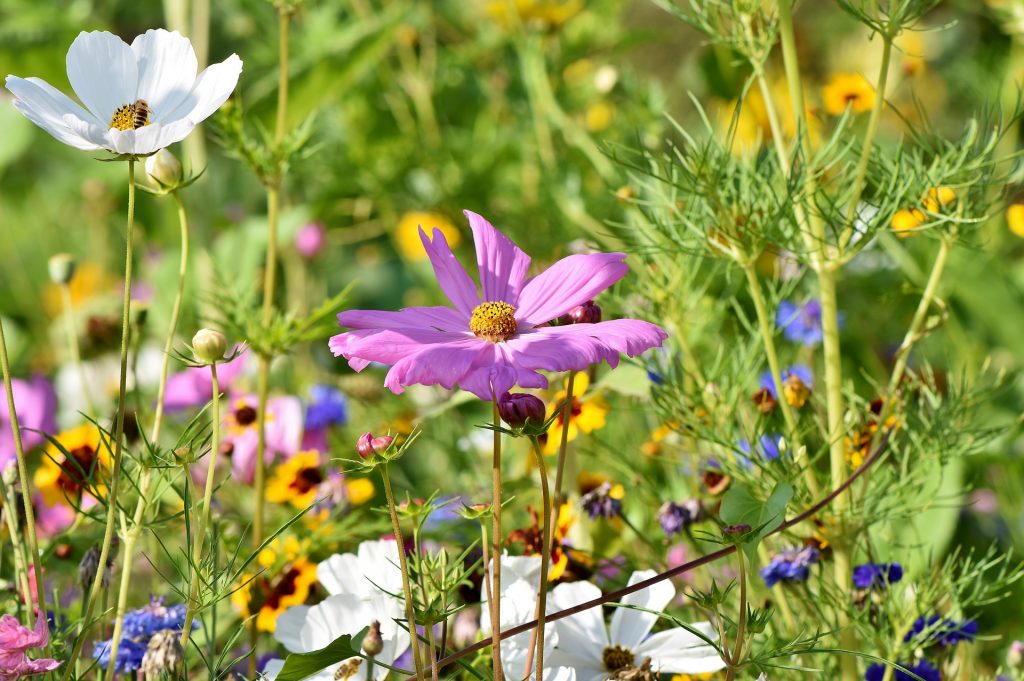
There are plenty of natural methods of removing the odd weed (but see point 4) or discouraging certain wildlife (but see points 1 and 2).
It’s also impossible to ensure poisonous chemicals only affect the plants or animals you were intending them for. Invariably others will be injured or die too, and the poisons will enter our air, soil and water.
And most garden chemicals are not only dangerous to plants and small animals, but very dangerous to humans too.
Every person has the power to change the world.
Your power is multiplied by all the actions other individuals take.
Here’s to gardens, and our planet, full of life. Let’s do it! 🙂
What do you think?
What are you doing in your garden to encourage wildlife? What do you think we should do about weeds, slugs, rats and spiders? Do you think messy, natural gardens can be beautiful?
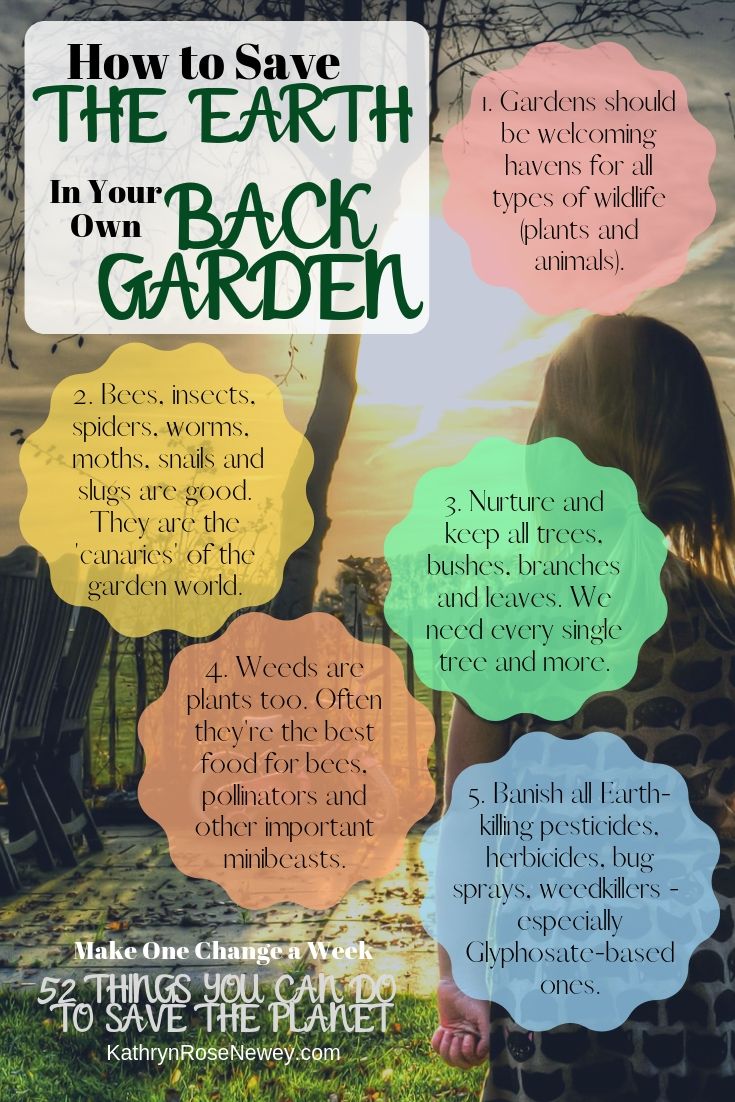
Sources and Further Research
An entomologist explains why NOT to kill spiders – http://theconversation.com/should-i-kill-spiders-in-my-home-an-entomologist-explains-why-not-to-95912
Organic weed management – https://www.gardenorganic.org.uk/weed-management
Save bees and pollinators – https://www.wildlifetrusts.org/wildlife-and-wild-places/saving-species/save-bees-and-pollinators
Understanding the dangers of Glyphosate – https://thetruthaboutcancer.com/glyphosate-dangers/
Weeds in your garden have many uses – https://www.growwilduk.com/blog/weed-my-lawn
Image credits: Thanks to artists and photographers of Pixabay.com


